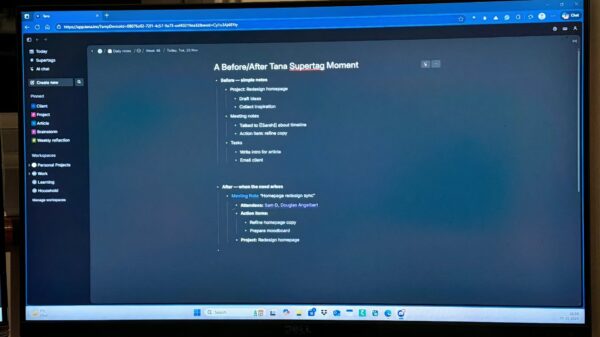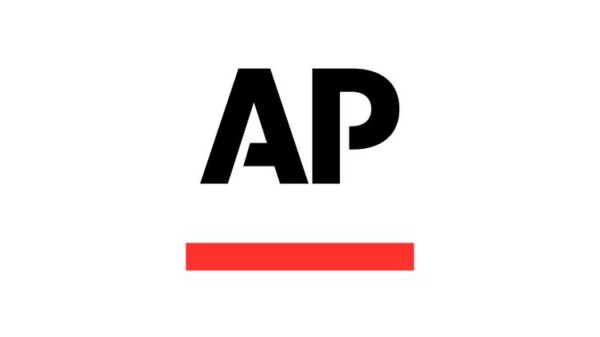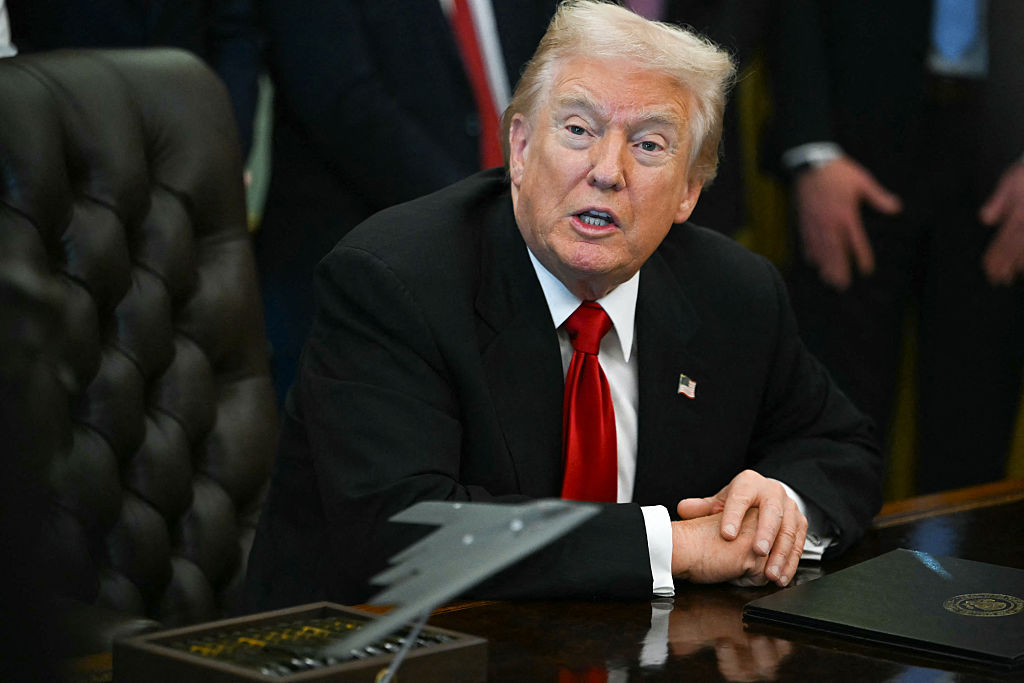UPDATE: Cornell University has just announced a groundbreaking agreement with the Trump administration, resolving federal investigations and unlocking over $250 million in frozen research funds. The $60 million settlement, confirmed earlier today, includes a direct payment of $30 million to the U.S. government and another $30 million aimed at supporting U.S. farmers.
This deal is a significant turnaround for Cornell, which faced severe financial strain after funding was halted due to concerns regarding compliance with civil-rights laws. Earlier this year, the Trump administration froze funds amid scrutiny over how Cornell and other elite universities managed issues related to antisemitism, racial discrimination, and campus climate.
Cornell President Michael Kotlikoff stated that the agreement “revives that partnership, while affirming the university’s commitment to academic freedom, independence, and institutional autonomy.” The deal not only restores critical funding but also requires Cornell to adhere to the administration’s interpretations of civil-rights laws, which could have lasting implications for university policies on admissions, diversity, and campus climate.
The impact of this agreement is immediate. With key research grants previously stalled, Cornell can now resume vital projects that directly benefit the academic community and U.S. farmers alike. However, this agreement raises pressing questions among faculty, students, and alumni about the implications of federal oversight on campus autonomy.
As the university navigates this new landscape of compliance and policy adjustments, stakeholders are left to grapple with how these changes will affect academic independence and institutional governance. The urgency of this situation cannot be understated, as other universities may now look to Cornell’s experience as a precedent for their own negotiations with federal authorities.
The administration’s oversight and the concessions made by Cornell signal a growing trend in federal involvement in higher education, particularly around sensitive issues like civil rights and freedom of speech. This development may set a precedent for how universities across the nation respond to federal funding requirements and navigate the complexities of compliance.
Stay tuned for more updates as this story develops, and how the implications of this agreement unfold across the academic landscape.






































































